LOS ANGELES (news agencies) — Fans of Studio Ghibli, the famed Japanese animation studio behind “Spirited Away” and other beloved movies, were delighted this week when a new version of ChatGPT let them transform popular internet memes or personal photos into the distinct style of Ghibli founder Hayao Miyazaki.
But the trend also highlighted ethical concerns about artificial intelligence tools trained on copyrighted creative works and what that means for the future livelihoods of human artists. Miyazaki, 84, known for his hand-drawn approach and whimsical storytelling, has expressed skepticism about AI’s role in animation.
Janu Lingeswaran wasn’t thinking much about that when he uploaded a photo of his 3-year-old ragdoll cat, Mali, into ChatGPT’s new image generator tool on Wednesday. He then asked ChatGPT to convert it to the Ghibli style, instantly making an anime image that looked like Mali but also one of the painstakingly drawn feline characters that populate Miyazaki movies such as “My Neighbor Totoro” or “Kiki’s Delivery Service.”
“I really fell in love with the result,” said Lingeswaran, an entrepreneur who lives near Aachen, Germany. “We’re thinking of printing it out and hanging it on the wall.”
Similar results gave the Ghibli style to iconic images, such as the casual look of Turkish pistol shooter Yusuf Dikec in a T-shirt and one hand in his pocket on his way to winning a silver medal at the 2024 Olympics. Or the famed “Disaster Girl” meme of a 4-year-old turning to the camera with a slight smile as a house fire rages in the background.
ChatGPT maker OpenAI, which is fighting copyright lawsuits over its flagship chatbot, has largely encouraged the “Ghiblification” experiments and its CEO Sam Altman changed his profile on social media platform X into a Ghibli-style portrait. In a technical paper posted Tuesday, the company had said the new tool would be taking a “conservative approach” in the way it mimics the aesthetics of individual artists.
“We added a refusal which triggers when a user attempts to generate an image in the style of a living artist,” it said. But the company added in a statement that it “permits broader studio styles — which people have used to generate and share some truly delightful and inspired original fan creations.”
Studio Ghibli hasn’t yet commented on the trend. The Japanese studio and its North American distributor didn’t immediately respond to emails seeking comment Thursday.


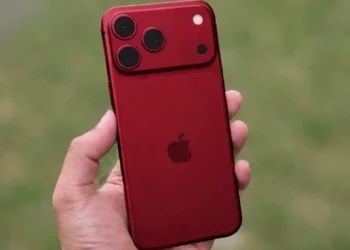


 United Arab Emirates Dirham Exchange Rate
United Arab Emirates Dirham Exchange Rate